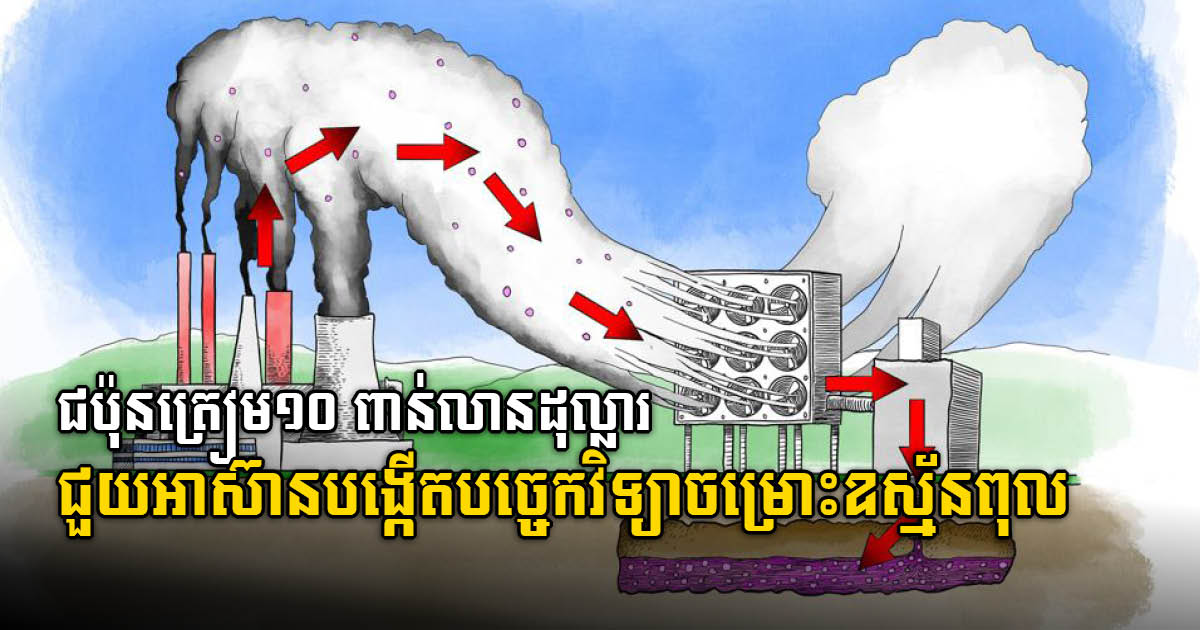Cambodia, Japan, and UNDP Join Forces to Eliminate Plastic Waste for a Greener Future in Cities
In a spirit of environmental sustainability, the Government of Cambodia has formed a powerful partnership with Japan and the United Nations Development Programme (UNDP) to combat the urgent problem of plastic waste in urban areas, which is rapidly growing each year. This collaboration, officially titled “Strengthening Capacity to Handle Plastic Waste in Cities,” was signed […]
Two Foreign Companies Partner to Launch Waste Recycling Park in Phnom Penh
In a significant move towards sustainable urban waste management, Vinci Construction and Sage Engineering have announced a collaborative project to establish a cutting-edge “Waste Recycling Park” in Phnom Penh. This initiative aims to harness advanced technologies for treating urban solid waste and generating clean energy, ultimately enhancing the quality of life for city residents. During […]
Cambodia Implements EURO 5 Fuel Standards to Combat Air Pollution
In a significant move to tackle air pollution, the Royal Government of Cambodia has announced the implementation of EURO 5 fuel standards, set to take effect in 2025. This initiative aims to enhance air quality and protect public health by regulating fuel emissions. According to the official announcement, two key decisions have been made: the […]
Southeast Asia’s Coastal Real Estate Development Faces Critical Balance with Mangrove Conservation
A ground-breaking study reveals that 85% of Southeast Asia’s mangrove forests, which comprise 32 percent of global mangrove coverage and sequester 15.9 million tonnes of carbon dioxide annually, face severe risks from real estate development, agricultural expansion, and climate change impacts, according to new research led by University of Queensland researcher Valerie Kwan, as reported […]
Korean Firm Donates 8,000 Electric Motorbikes to Cambodian Government to Combat Emissions
In a significant move to address climate change, South Korean company VeryWords has pledged to donate 8,000 electric motorbikes to Cambodian government officials. This initiative aims to reduce greenhouse gas emissions in Cambodia and promote the use of environmentally friendly transportation. The announcement was made during a signing ceremony of a Memorandum of Understanding (MoU) […]
Cambodia’s Electricity Capacity Set to Expand Significantly by 2024
By 2024, Cambodia is poised to enhance its electricity generation capacity to an impressive 5,044 megawatts, alongside a substantial extension of transmission lines to 3,890 kilometers. During the closing ceremony of the Electricity Authority’s conference on 3 February 2025, HE Keo Rattanak, Minister of Mines and Energy, confirmed that these targets had been met. The […]



 ខ្មែរ
ខ្មែរ







